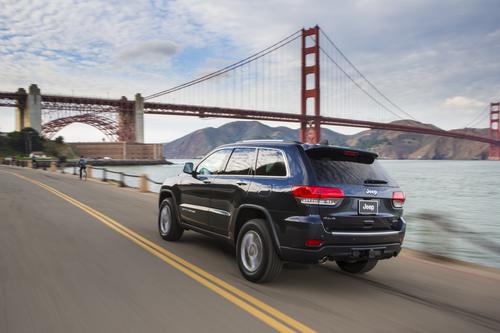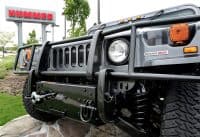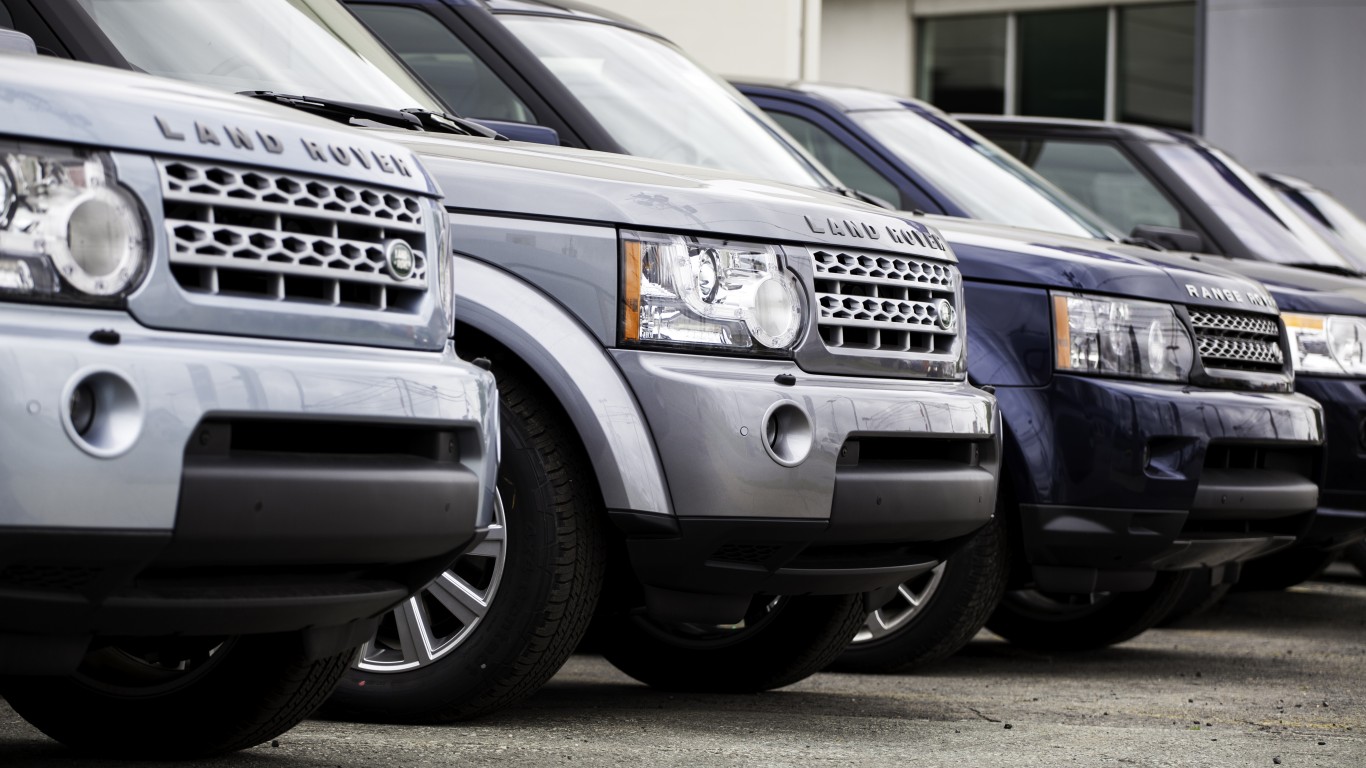The Financial Times reports that Chrysler may file for an initial public offering (IPO) as early as this week, a decision made by CEO Sergio Marchionne, who also runs Fiat. The IPO may value Chrysler at a much lower price than Marchionne needs to demonstrate that he has turned around the crippled car company completely. The primary reasons are that Chrysler effectively operates in one market — the United States — and that is has an extremely limited line of models.
Marchionne can claim one thing about Chrysler with nearly no opposition. It has roared out of Chapter 11 and, despite great skepticism, has become among the hottest car companies in the American market — until recently.
Chrysler’s market share has reached 11.4% in the United States through the first eight months of the year, a number that is flat with 2013. But, after two years of very rapid expansion, sales have risen 9.5% this year, only equal to the industry average. In the meantime, rivals such as Ford Motor Co. (NYSE: F) and Honda Motor Co. Ltd. (NYSE: HMC) have posted double-digit improvements so far in 2013.
There is more evidence that Chrysler is not the growth machine it was in 2011 and 2012. In the June quarter, production was only up 5% to 660,000. Revenue rose only 7% to $18 million. These numbers show Chrysler as something less than a growth company, even though Marchionne has argued vehemently that it is one.
Chrysler’s long-term problem in the United States is its very limited model line, particularly its flagship brand. Chrysler has three basic models — the 200, the 300 and the Town & Country. It has no premium model. It does not have a model priced well below $20,000. Its lack of products that use alternative energy also limits its product line appeal.
Finally, Chrysler cannot make the argument that giants like General Motors Co. (NYSE: GM) and Volkswagen can. GM’s largest single market now is China, the biggest car market in the world, where GM is number one. China also has the greatest growth potential of any big market, particularly in contrast to Europe, where the recession has crippled car sales.
Car sales in the United States may remain strong for some time. But when they do begin to flatten out, Chrysler has nowhere to go and has a model line that is not broad enough to satisfy many American drivers.
The Average American Has No Idea How Much Money You Can Make Today (Sponsor)
The last few years made people forget how much banks and CD’s can pay. Meanwhile, interest rates have spiked and many can afford to pay you much more, but most are keeping yields low and hoping you won’t notice.
But there is good news. To win qualified customers, some accounts are paying almost 10x the national average! That’s an incredible way to keep your money safe and earn more at the same time. Our top pick for high yield savings accounts includes other benefits as well. You can earn up to 3.80% with a Checking & Savings Account today Sign up and get up to $300 with direct deposit. No account fees. FDIC Insured.
Click here to see how much more you could be earning on your savings today. It takes just a few minutes to open an account to make your money work for you.
Our top pick for high yield savings accounts includes other benefits as well. You can earn up to 4.00% with a Checking & Savings Account from Sofi. Sign up and get up to $300 with direct deposit. No account fees. FDIC Insured.
Thank you for reading! Have some feedback for us?
Contact the 24/7 Wall St. editorial team.




